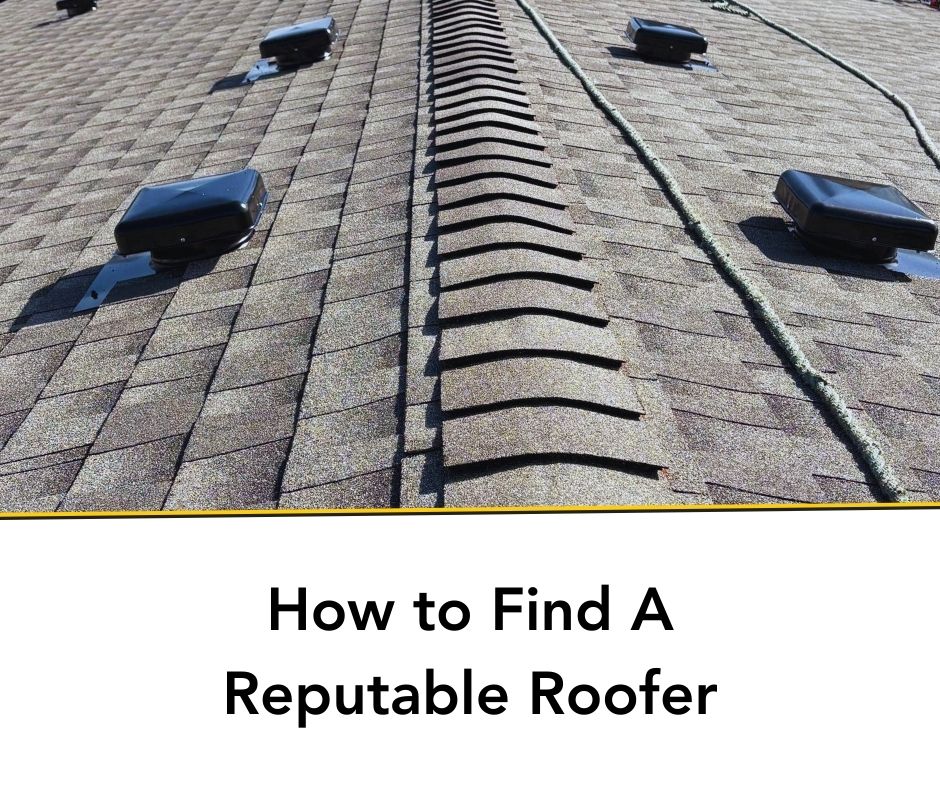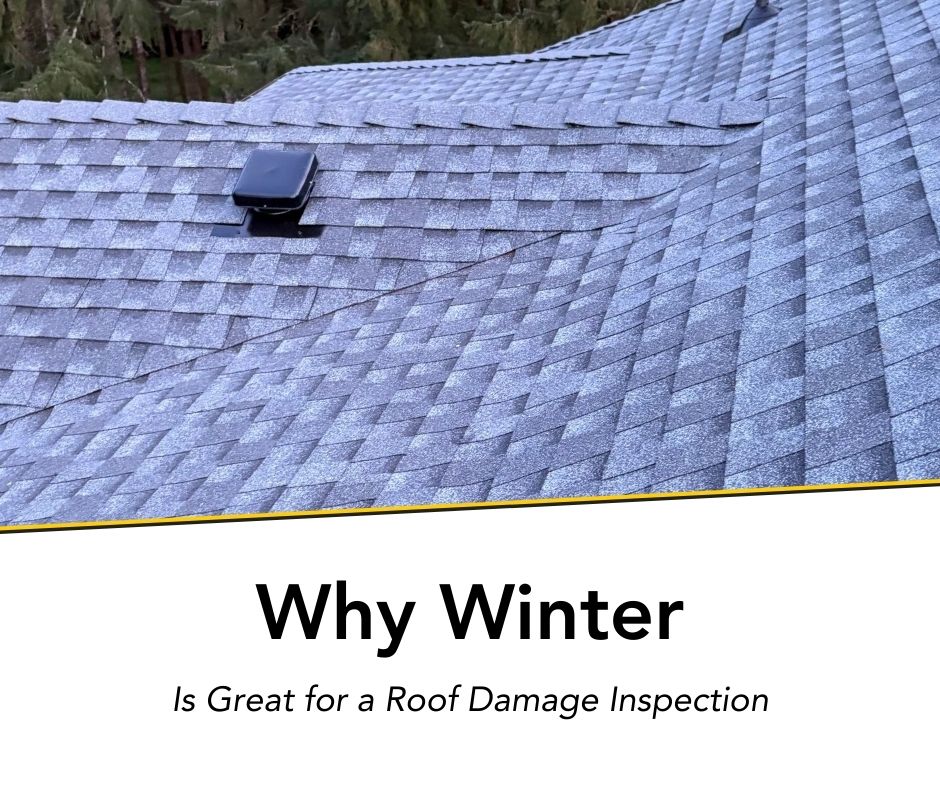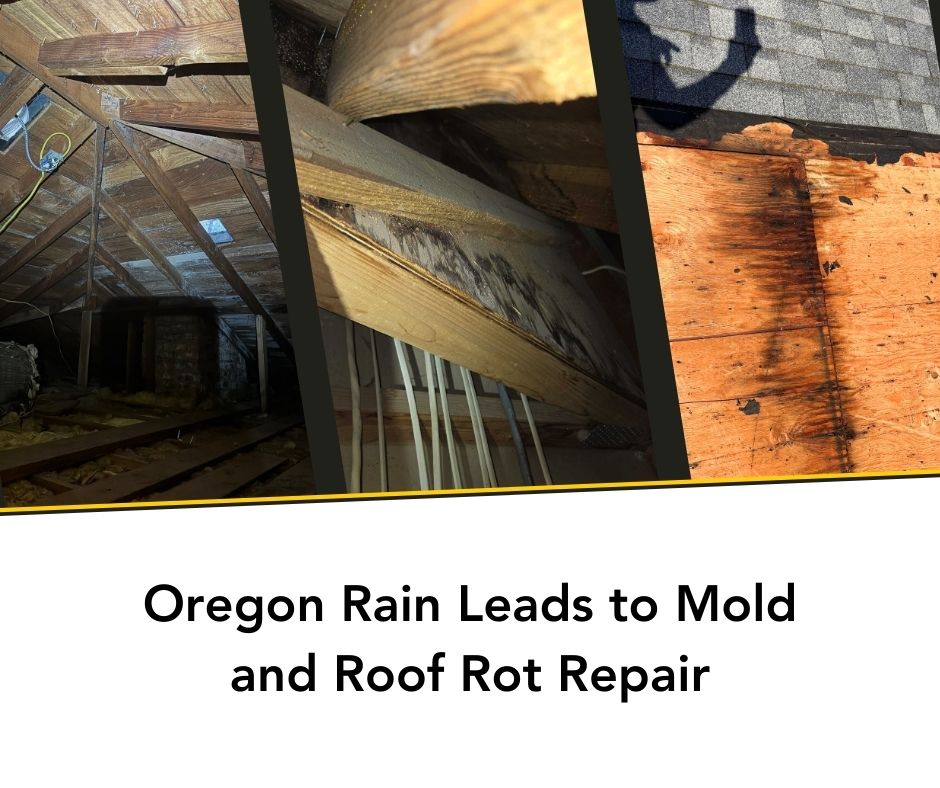

Composition roofing, also known as asphalt or composite shingles, is one of the most popular roofing materials for residential properties. Its widespread use can be attributed to its affordability, versatility, and overall ease of installation. However, like any roofing material, composition roofing comes with its own set of pros and cons.
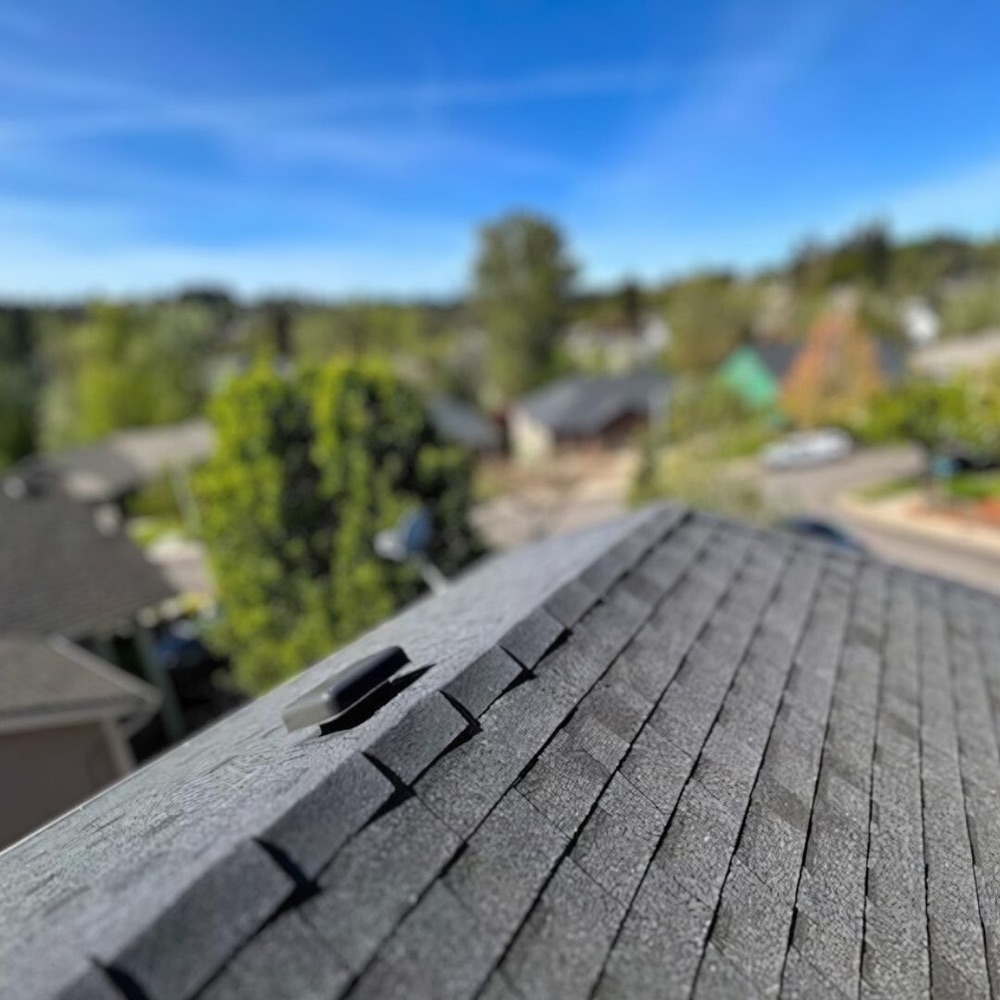
Affordability: One of the most significant advantages of composition roofing is its affordability. Compared to other roofing materials such as metal or tile, composite shingles are relatively inexpensive to manufacture and install, making them an attractive option for budget-conscious homeowners.Versatility: Composition roofing comes in a wide range of colors, styles, and textures, allowing homeowners to achieve the desired look for their homes. Whether you prefer the classic appearance of architectural shingles or a more individualistic look in designer shingles, there’s a composite shingle option to suit every roofing preference.Ease of Installation: Another benefit of composition roofing is its ease of installation. Unlike some other roofing materials that require specialized tools and expertise, composite shingles can be installed quickly and efficiently by professional roofing contractors (AKA, us), reducing labor costs and installation time.
Durability: Modern composite shingles are designed to withstand the elements and provide long-lasting protection for homes. With proper installation and maintenance, composition roofing can have a lifespan of 20 to 30 years or more, making it a durable and cost-effective roofing solution for any homeowner in Oregon.
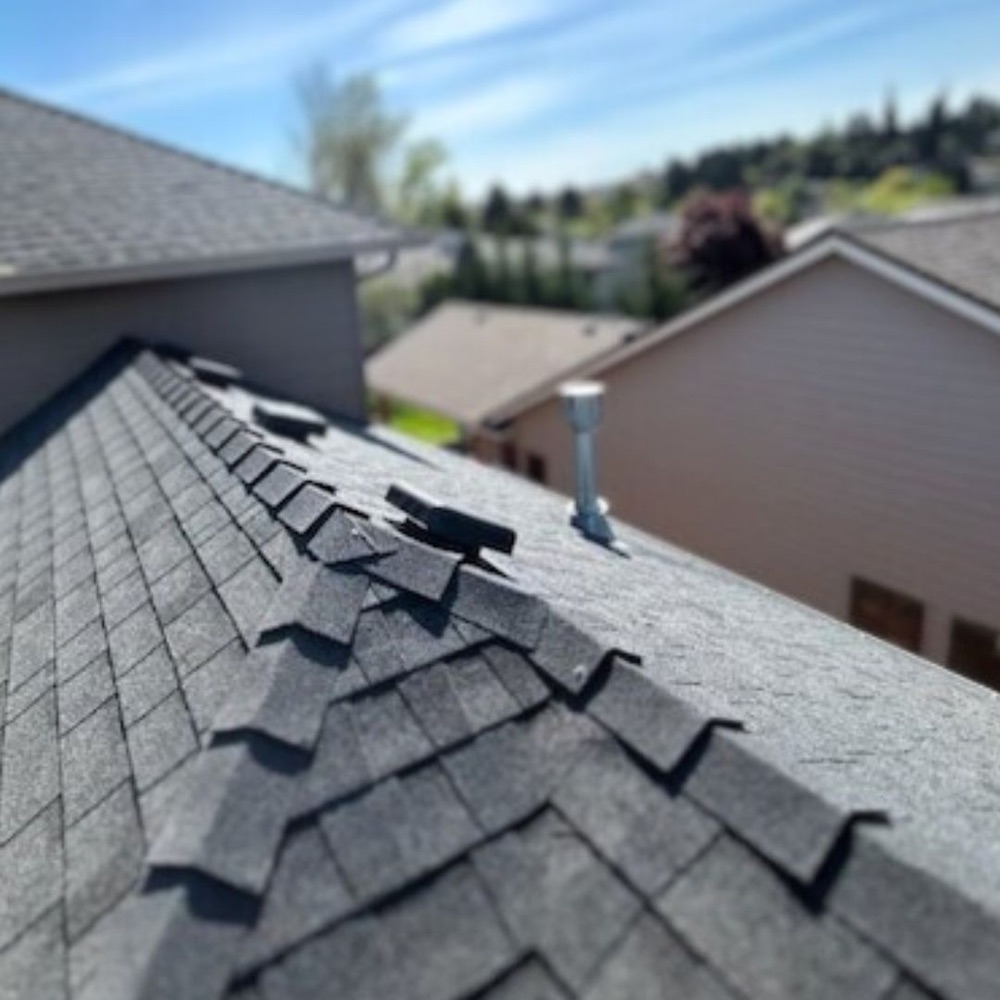
Susceptibility to Damage: While composition roofing is durable, it is not immune to damage from severe weather conditions such as high winds, hail, and heavy rain–all of which occur in Oregon. Over time, exposure to the elements can cause composite shingles to become brittle and prone to cracking or curling, potentially leading to leaks and water damage if they are not properly maintained. (Curious about a roof rejuvenation service? Reach out to our team to find out more.)
Environmental Impact: Composite shingles are made from asphalt, which is a petroleum-based product. While efforts have been made to improve the sustainability of composition shingles through recycling initiatives, their production still has a significant environmental impact compared to alternative roofing materials such as metal or clay tiles.
Limited Lifespan: Despite their durability, composite shingles have a limited lifespan compared to some other roofing materials. While 20 to 30 years is a respectable lifespan for a roofing material, it falls short of the longevity offered by materials such as metal or slate, which can last 50 years or more with proper care.
In conclusion, composite shingles offer a cost-effective and versatile option for homeowners seeking durable and attractive roofing solutions. However, it’s essential to weigh the pros and cons carefully and consider factors such as budget, aesthetic preferences, and environmental impact when choosing the right roofing material for your home.

Dakota Roofing specializes in Salem roof repair and Salem roof replacement so you can be confident that your home is protected for years to come. Our goal is competitive pricing, safe crews, and superior customer service. We offer free estimates and emergency roof services. We are your Salem roofer, Keizer roofer, Albany roofer, and Portland roofer serving homeowners across Northern Oregon and Southern Washington.

